
The vegetable garden
Our luck is to have a vegetable garden that permit us to share with our guests a large variety of organic, fresh herbs, flowers and vegetables.
Our production
Among differents vegetables and herbs that we produce you will find in our recipies depending on seasons and weather :
- Micro greens : broccolis, shizo, sorel, aragula,radish, nasturtium.
- Vegetables: tomato, zuccini, eggplant, artichokes, peper, salad, radish, young garlic, cucumber.
- Aromatics: mint, Greek basil, verbena, fennel, sorrel, mustard,
- Flowers: nasturtium, garlic, leeks, chives, sage, marigolds, garlic, borage…
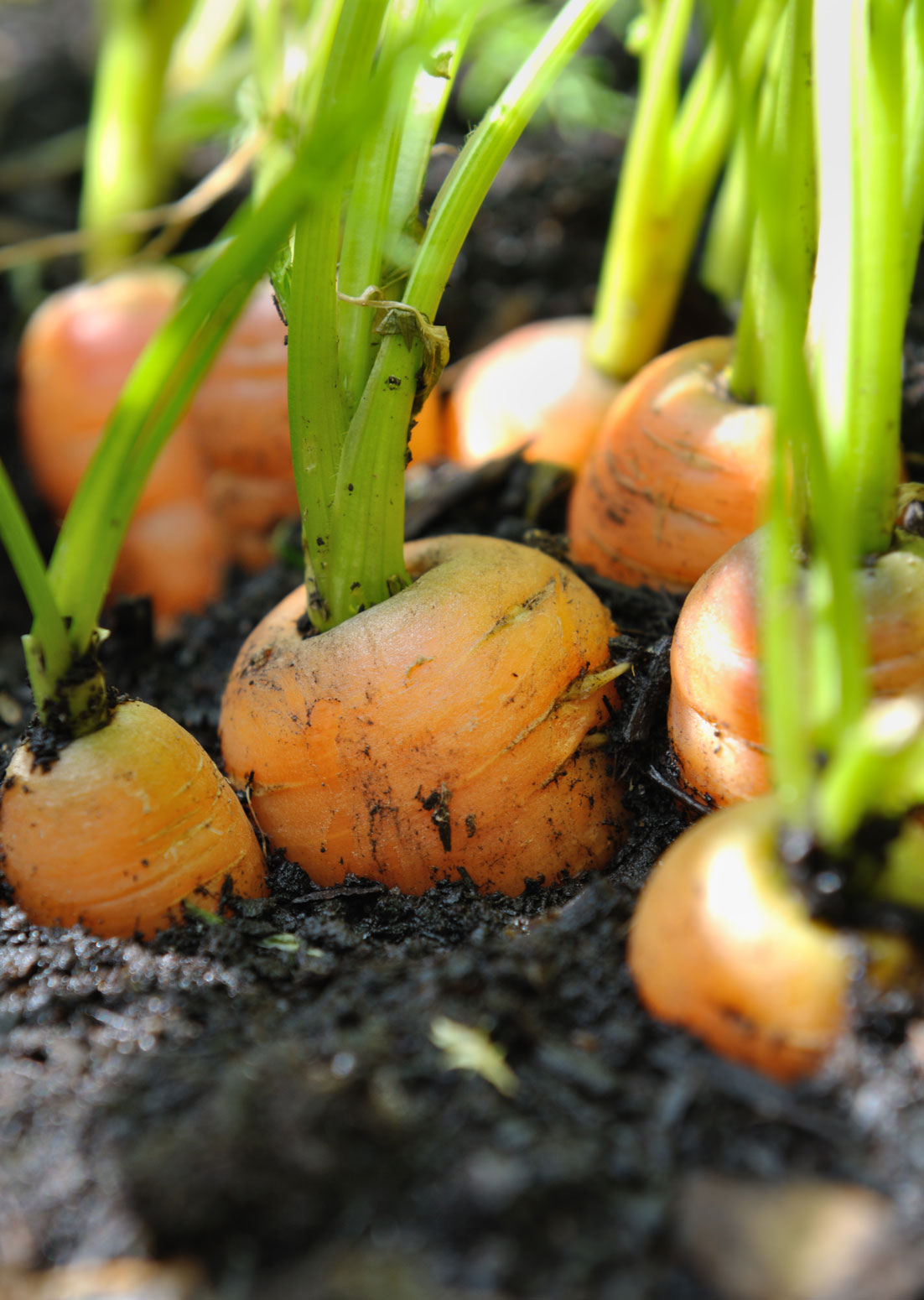
A responsible practice
We do not use any pesticides or chemical fertilizers in the garden. We prefer composting and vermicomposting methods. Natural methods, which promote the growth of healthy foods, good for your health.
We recycle all plant waste from the restaurant (growth substrate for decorative herbs, peelings, faded flowers). This allows us to recycle waste into compost and considerably reduces the volume of waste that we give to the city of Toulouse to evacuate.
We only plant organic seeds, selected by us, or self-produced in the heart of our vegetable garden. We do not use artificial heating, while guaranteeing water savings.
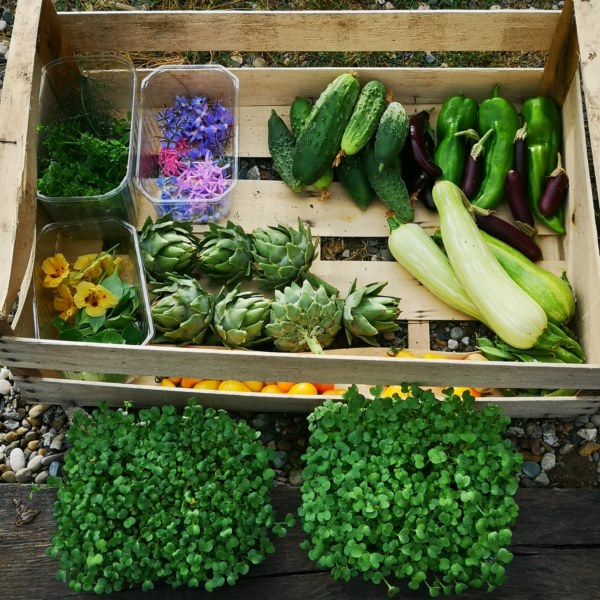
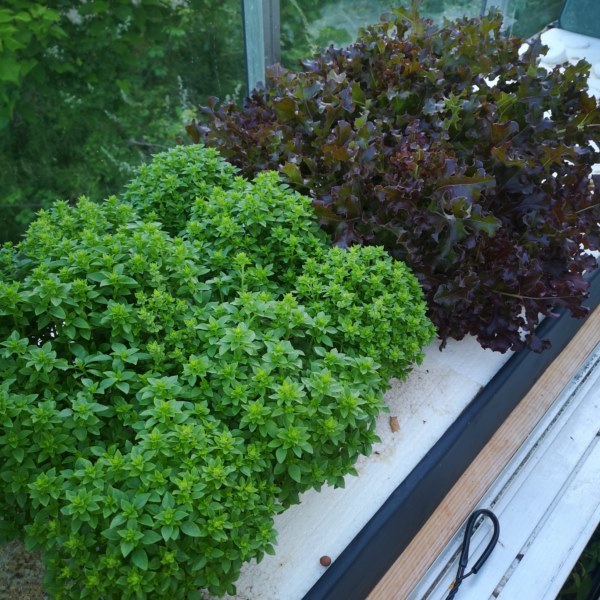
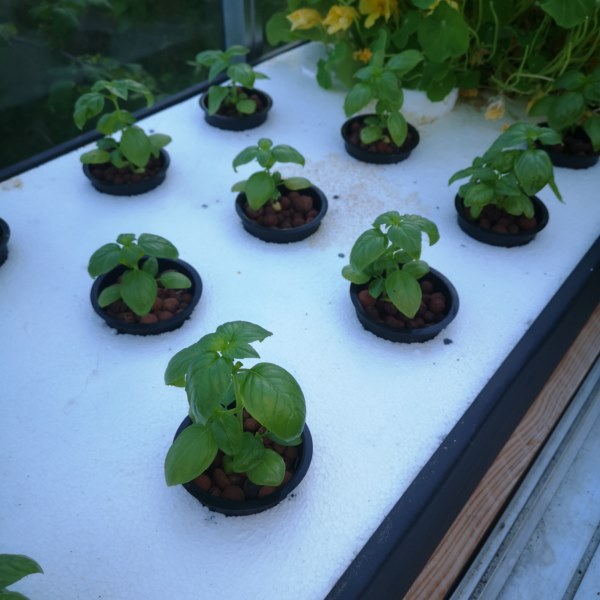
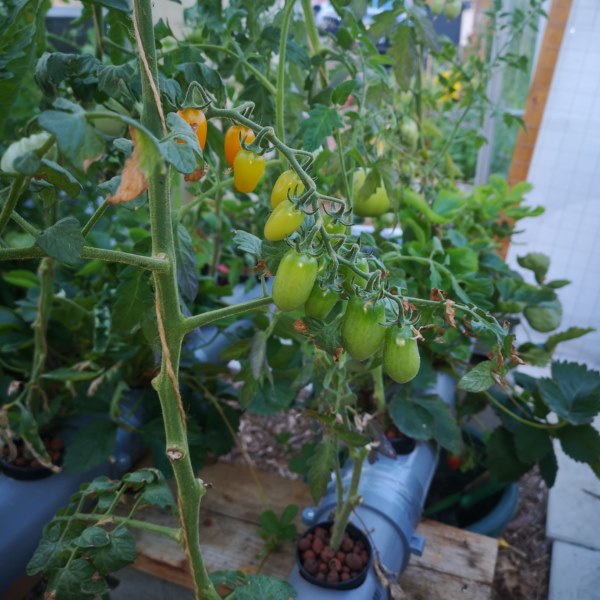
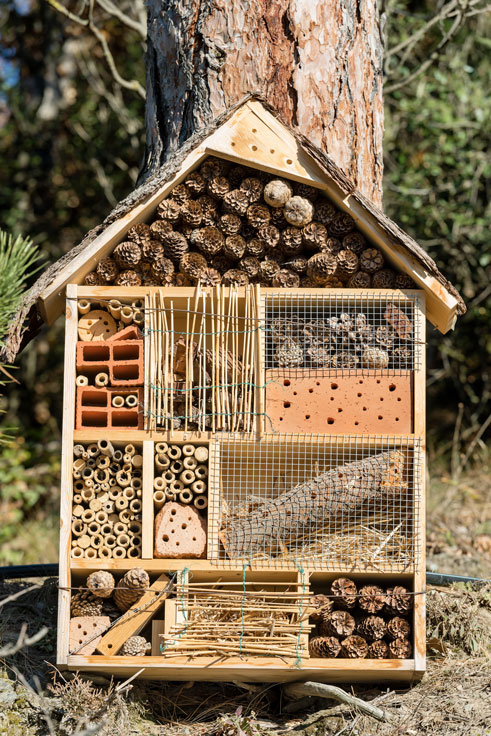
A specific method
